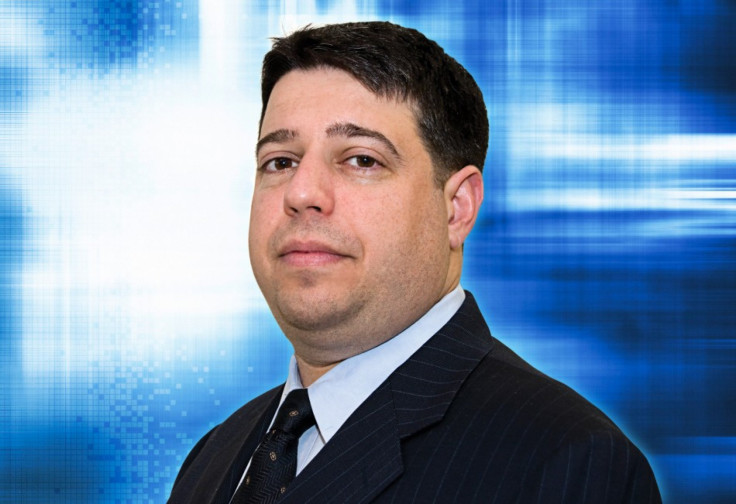We want to buy other forex brokers: FXCM CEO Drew Niv

FXCM (NYSE:FXCM), a leading retail forex broker, recently went public. Among other things, it means they received $200 million dollars. About $150 million went to existing shareholders who cashed out; $50 million went on the company’s balance sheet.
Since FXCM already had $150 million on the balance sheet, it now has about $200 million in cash, which is no small amount in the retail forex brokerage industry.
So what do they plan to do with this massive amount of money?
“We plan to buy other forex brokers,” said CEO Drew Niv in an interview with IBTimes.
FXCM already announced it was going to buy a Japanese forex broker. Last year, it made a big play by buying UK-based ODL Securities.
Still, the forex industry, despite some consolidation lately, remains highly fragmented; forexbrokercomparisons.com lists close to 200 companies globally that offer retail forex trading accounts.
One reason is that the industry is still young. Another is that it’s relatively unregulated compared to retail stock or futures brokers. Lastly, for a while, it was just a very profitable industry and thus attracted many entrants.
Niv said a lot of that is about to change.
The combination of lower volatility and more regulations will make it increasingly tough for the small brokers, he said. In fact, the onslaught of tougher regulatory requirements, which started globally in 2006, has already driven out many players.
At the beginning of 2007, there were 43 forex brokers registered with the U.S. Commodity Futures Trading Commission (CFTC); now, there is a little over a dozen.
Next year, Niv thinks the number of registered brokers with the CFTC will be “in the single digits.”
However, despite these extra burdens, Niv is highly optimistic about the prospects of large forex brokers with economies of scale.
He expects forex trading to be increasingly popular in emerging market countries because it offers people there the same liquidity and tight spreads as US customers.
“We charge a guy from New Jersey and a guy from Jordan the same amount,” said Niv.
Contrastingly, it’s often extremely expensive for emerging market investors to trade stocks in the developed world.
Moreover, Niv expects forex trading to be taken more seriously as forex brokers become more legitimate.
He believes FXCM is leading the way because it is now a publically traded company, with public financial statements and institutional analyst coverage. In fact, bolstering its credibility is one of the main reasons FXCM went public, he said.
“Today, there is a smaller percentage of [retail forex traders] who treat it seriously, and a large percentage of [traders] who don’t. But once brokers increase their credibility, more people are going to put up serious amounts of money,” said Niv.
To read more Global Markets interviews, click here
© Copyright IBTimes 2024. All rights reserved.





















